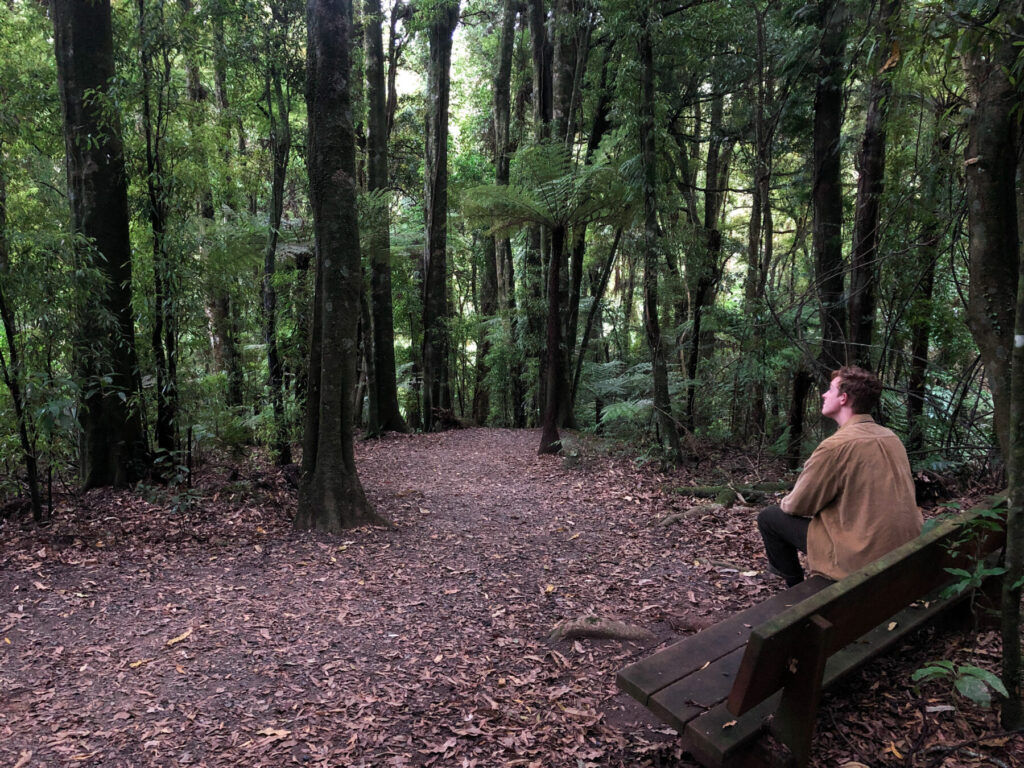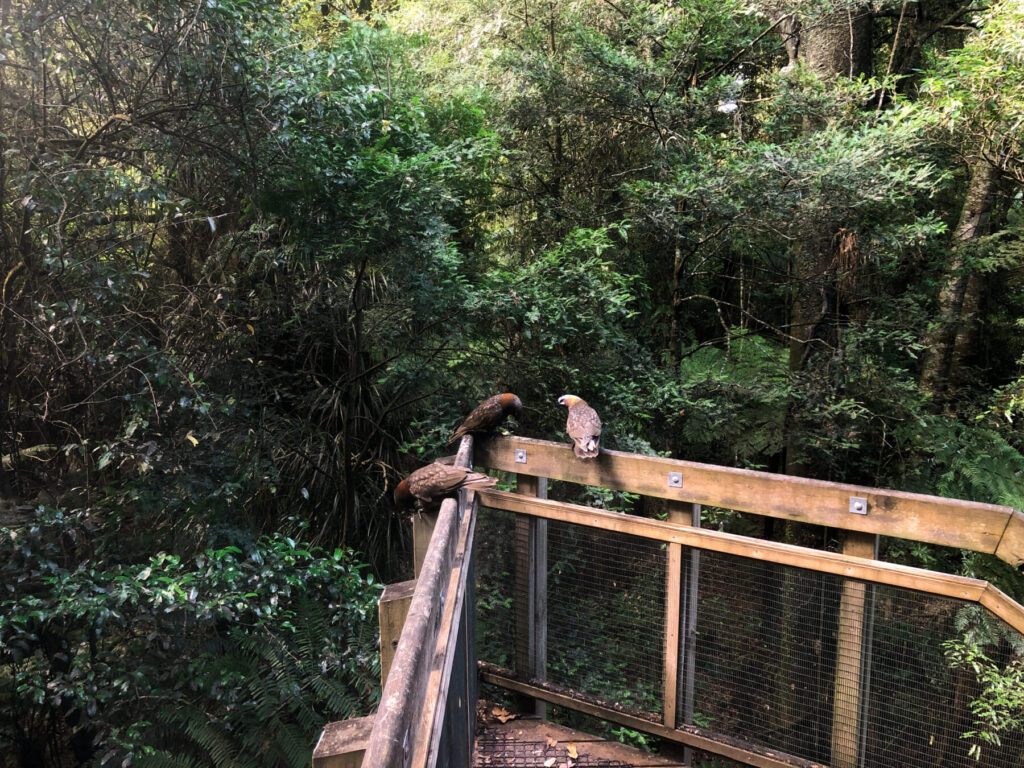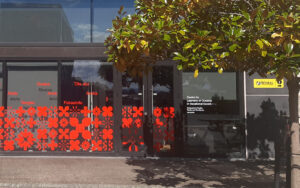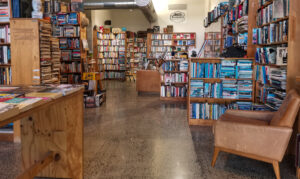“Bird shopping” at Maungatautari Sanctuary Mountain could keep New Zealand’s biodiversity thriving.
Maungatautari Sanctuary Mountain – the ‘bird supermarket’ of the future.
The future of Sanctuary Maungatautari Mountain is bright. After finishing the pest-proof fence in 2006 eradicating pests from the area, the team is setting its sights further so future generations benefit from the work being done today.
Sanctuary Mountain Maungatautari began with a dream to restore the plant and animal species living on the mountain. The mountain is taonga (a treasure) so creating a passionate and committed team of community, landowners and local iwi was incredibly important. The mountain is unique because it has a 47km pest-proof fence around its perimeter, creating a space for New Zealand’s most endangered species to thrive and grow.

“So, this is going to be your “supermarket” where you come bird shopping to then send them out into the world,” Craig Montgomerie lead Kiwi Ranger at the Sanctuary told me.
The goal is to “put as many diverse genetics from the wild onto the mountain to make genetically rich bloodlines to and start new populations in the future”.
This is an inspiring plan but one that can only be achieved with willingness, drive, and passion. Safeguarding these birds until the rest of New Zealand catches up isn’t an easy job. It involves developing a whole lot of biodiversity to create the perfect space for birds, plants, and insects to thrive.

“It’s all good planting and looking after the trees and introducing birds, but when you look at the whole spectrum of the ecology of an area, it starts right at ground level with all the insects, plants and invertebrates. Just by planting more trees, we aren’t going to preserve biodiversity,” says Jim Mylchreest, Waipa Mayor. “You’ve got to look after all the little critters so the big ones can survive”.
Commercialisation of the Sanctuary will allow for money to flow in, without requiring outside investors. This will help the biodiversity that is slowly coming back on Maungatautari.
The Mayor concludes, “It’s easy to quantify a project like this, saying it’s costing $1.5 million a year. We can’t afford that but there’s nobody putting any value on what’s coming out of here. The actual cost per hectare [of running the Sanctuary] isn’t as much as running a dairy farm, so it’s like running a dairy farm but you’re not allowed to sell the milk”.




